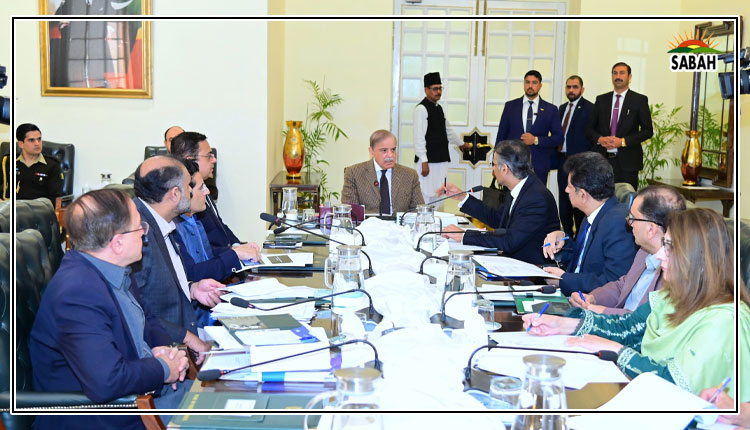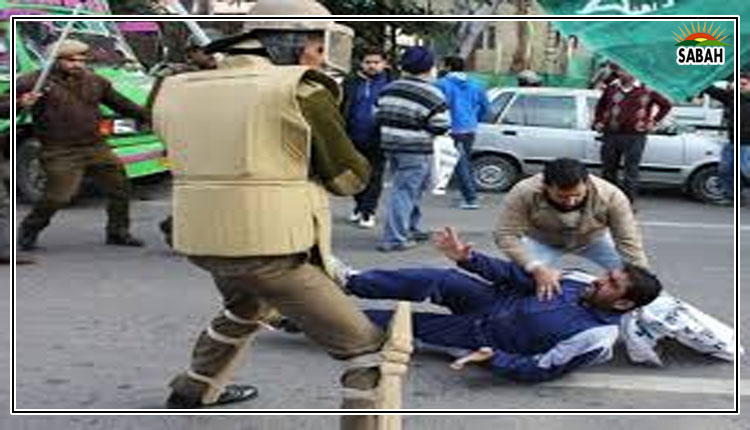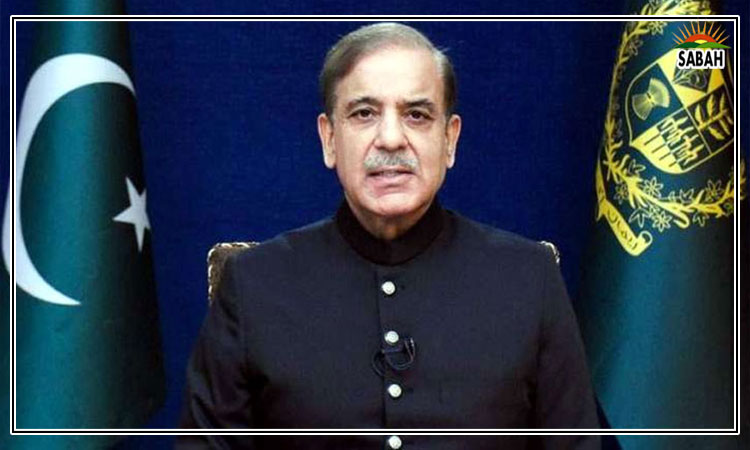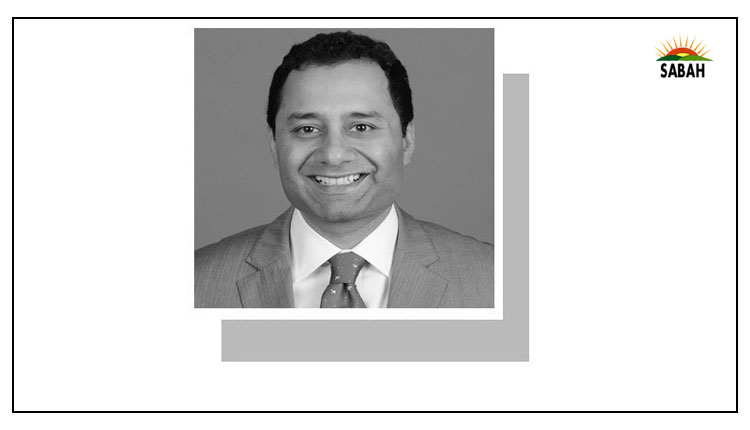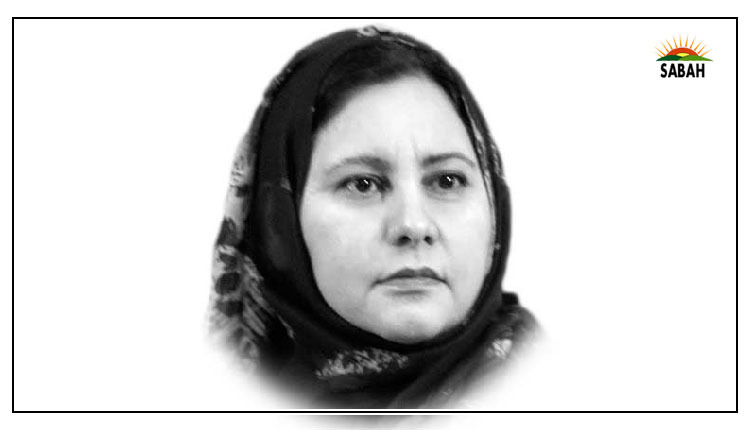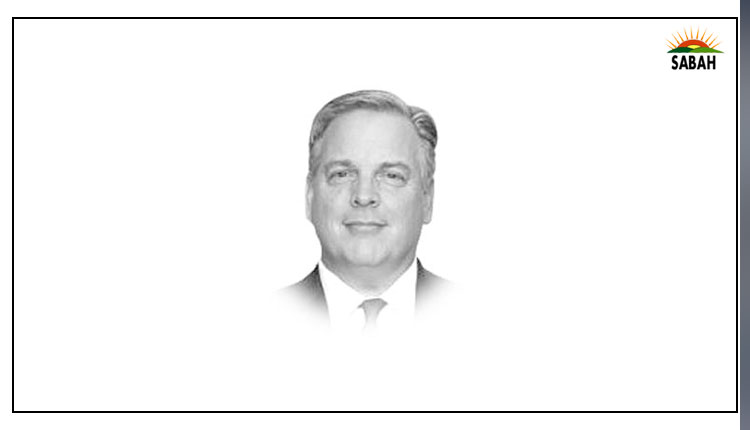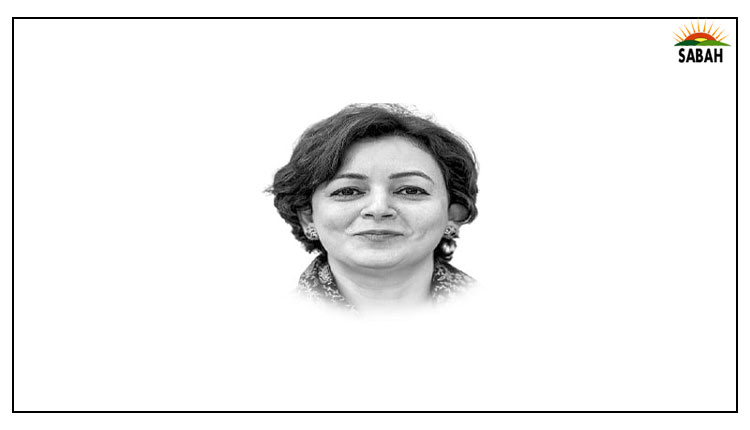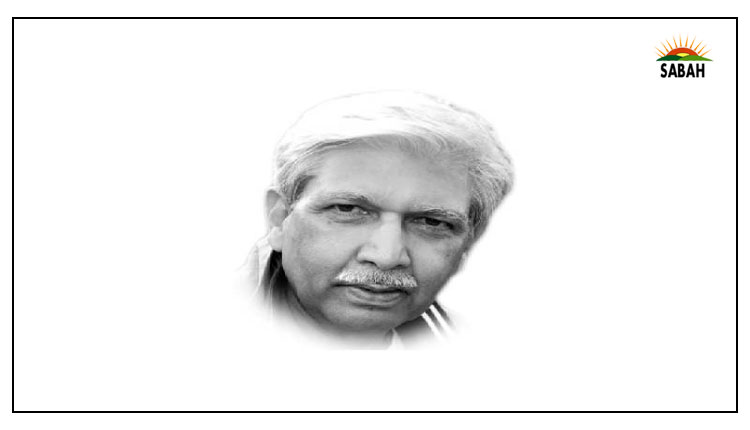Complicit elites….By Shahzad Chaudry
When the DG ISPR and the army chief declare in open terms that the army was now neutral it means that the army before then was not neutral. Statements by Parvez Illahi and Moonis et al, who in no uncertain terms inform us that they had got their final signal from the army establishment to stand with IK amply proves that. Others too have slowly begun to admit of interaction with the military at various levels giving some credence to the theory of political engineering beginning 2016 or before. Right or wrong is not in debate here.
Nawaz Sharif is usually blamed for a disturbed relationship with all his army chiefs even if the trigger for each falling out was different. Pervez Musharraf was his nemesis in 1999 and remained so when Nawaz Sharif found his way back to power in 2013. Musharraf, divested off his positions and power in 2008, was still in Pakistan and largely protected through an understanding between PPP, PML-N and the army to keep off the former army chief. His dallying in politics was increasingly a liability for the army, yet he was their ward and needed armys cover. Half-way into his tenure Nawaz Sharif was triggered by some to go after Musharraf in the High Treason case. Many including Late Asma Jehangir advised him to desist but the temptation to even out with an old nemesis was hard to resist.
It became the first stone cast at what was till then a fair start to a harmonious civ-mil relationship. Raheel Sharif, another Sharif nomination, was the army chief. It ultimately resulted in Musharraf escaping from the closing gauntlet by first finding refuge in a military medical facility and then escaping to safer shores in March 2016 through an alleged agreed arrangement between the government and the army. The elites of the country have always had a backdoor system of deals between them to escape constraining legal processes always mutually beneficial. Many can relate to how Sharif was returned the favour by finding a way out of jail to London in 2019 on a similar premise.
In April 2016, Panama Papers told the tale of Sharifs hidden wealth abroad. Whatever and however Sharifs tried to explain it, it just didnt stick. Gradually serious questions emerged about their credibility to arbiter power as elected leaders. Not finding any succor usual for the elites he counterattacked by bringing into debate armys role in fighting terror in Pakistan and across the borders in the region which reinforced armys wider global perception of running with the hare and hunting with the hound. The story was leaked by Sharif himself to a credible journalist of a credible Paper. Dawn Leaks, as it was known, widened the chasm between Nawaz Sharif and the army. Towards the end of Raheels tenure Sharif and the army had fallen out.
Sharif replaced Raheel with Qamar Bajwa as the new chief; a rather unexpected choice hoping to find his support in difficult times. Sharif was under trial because of Panama Papers, soon to be convicted by the Supreme Court for misdeclaration and for not being sagacious and truthful, disqualifying him for life from holding political office. He was replaced with Shahid Khakan Abbasi of his own party as the prime minister for the remaining period of PML-Ns tenure. The sourness from Dawn Leaks lingered long and Sharif failed to find succour elites expect others to have their back. True to convention Sharif was on the roads badmouthing army leadership in every public pronouncement. That was his way of evening out with the army after he felt failed in a system cultivated on support base of peers across the power spectrum. PML-N and the army were truly out of favour with each other.
Having tasted Asif Zardaris inept governance and yet another confrontational stand-off with Nawaz Sharif, IK who was lurking on the political fringe was considered worthy of a chance. He might turn the society and the economy around and move the nation out of its bedeviling ordinariness. Pedestrian leadership, it was considered, was this countrys Achilles heel. Political franchise had corporatised political power within a narrow realm. IK, a patent outsider, could break that mold and let wider intellect contribute to national resuscitation. The army wasnt yet neutral enough in 2018 and helped IK find political power. It came at the expense of the usual players.
This irked many inside the political establishment and those associated with it but an alternate reality was manufactured and given a chance at being the saviour this nation had forever been waiting for. Except that it all backfired rather soon with even greater intensity. It wasnt a one-man or a cliques decision to support IK but an institutional belief to save the nation from perpetual turmoil and stagnation. IK thus found power.
Economy under IK was the first to buckle and no amount of band-aid resurrected it from impending doom. It was a combination of incomplete conception, poor decision-making, lack of clarity and some misplaced hardheadedness which pushed the economy nose-down. Poor governance, especially in Punjab, meant nothing was on track as the nation hurtled uncontrollably from one to the other direction. Parliament became a fish-market and dysfunctional. Legislation came to a standstill unless the establishment was involved to work it through with the opposition. Each of these matters of routine function came at a cost. The term hybrid democracy gained currency and the army was frequently and openly maligned. Democracy stood hibernated. That is when IK and his government became a liability. Even routine administration became a sore. The society fragmented under extreme political polarisation. And we became a failed nation, almost.
The army in all probability insisted upon IK to correct these anomalies to recover the state of the State. When it became obvious that the army was losing patience IK turned the page of his strategy. He began increasingly commonalising first, then ridiculing and ultimately demonising the army and its leadership. It is thence that the army turned neutral. And let those that they had helped bind with IK make their independent choices as the political scene underwent rapid transformation. There was no regime change nor an agenda to see one or the other political player in or out. There was a considered view that it was at the end of the day a political function to lead the nation out of its debilitation; they owned the mess equally and it is for them to clear the stables too.
An experiment failed. That will be armys burden to carry, but should the politicians too delve deep down and introspect? Surely. That in effect may be our only saving grace and way out of the mess. The army has to shed its belief that they own the country any more than others. It is their country too. It is time the politicians did their job too.
There are many who will recount the four martial laws and hold the past as their witness to the continuing slander. They need to pause for a second and pay heed to what AB Vajpayee once advised when visiting Pakistan, maazi ki koi seema nahin hoti (The past has no boundaries). We all need to learn our lessons and start afresh.
Courtsey The Express Tribune



